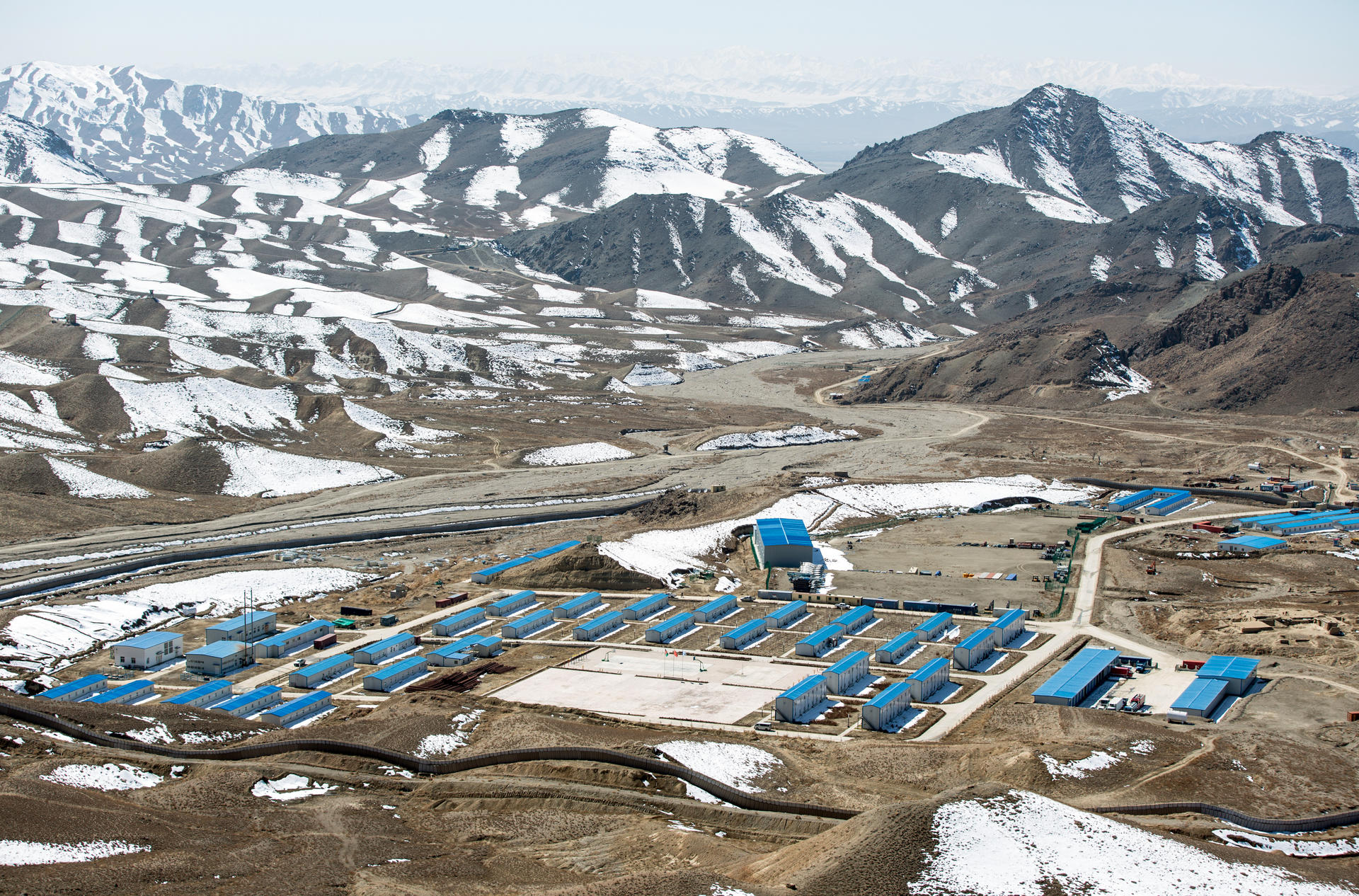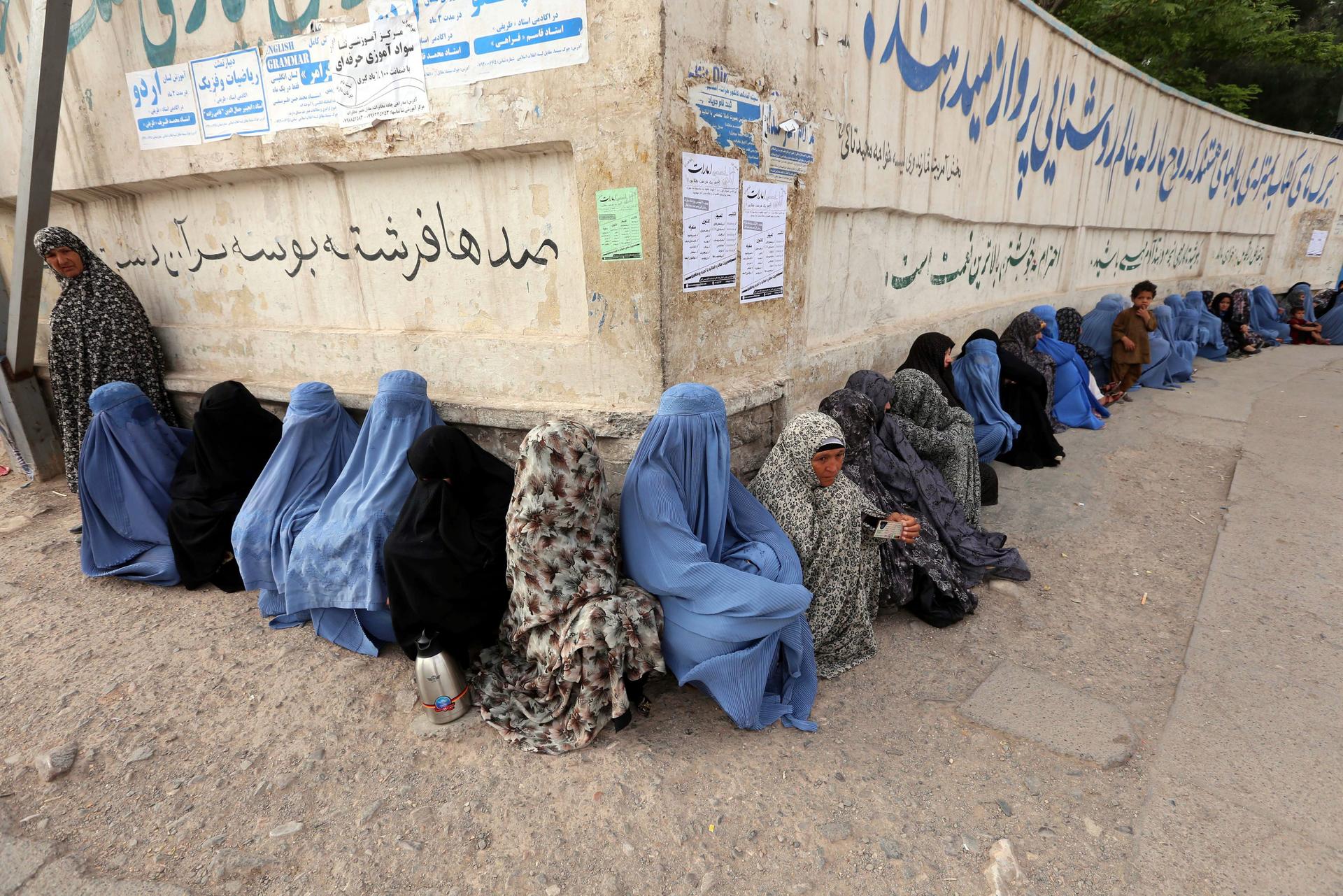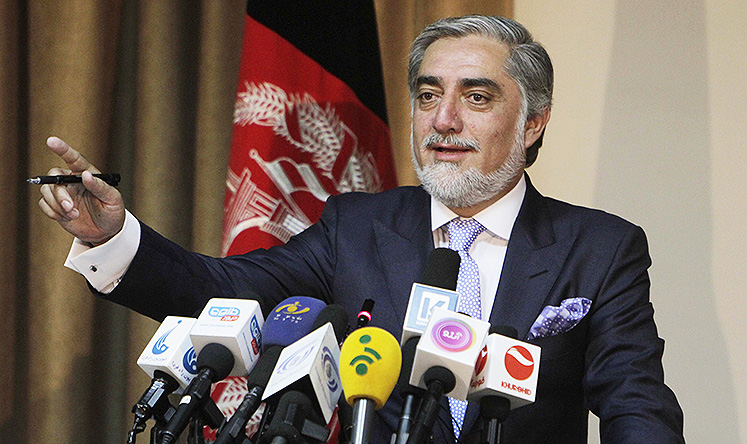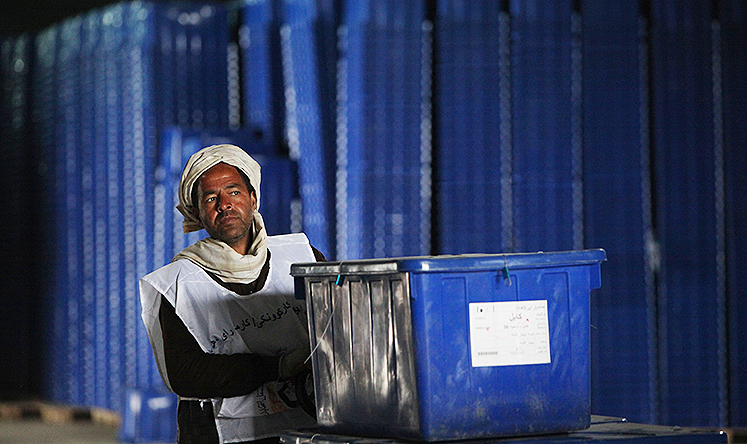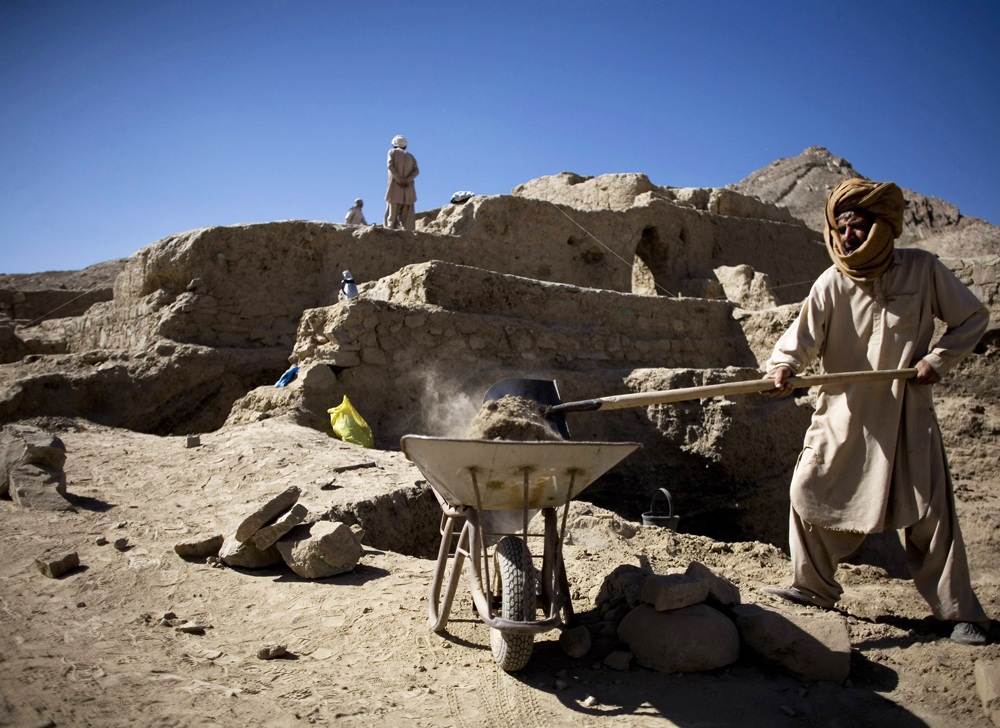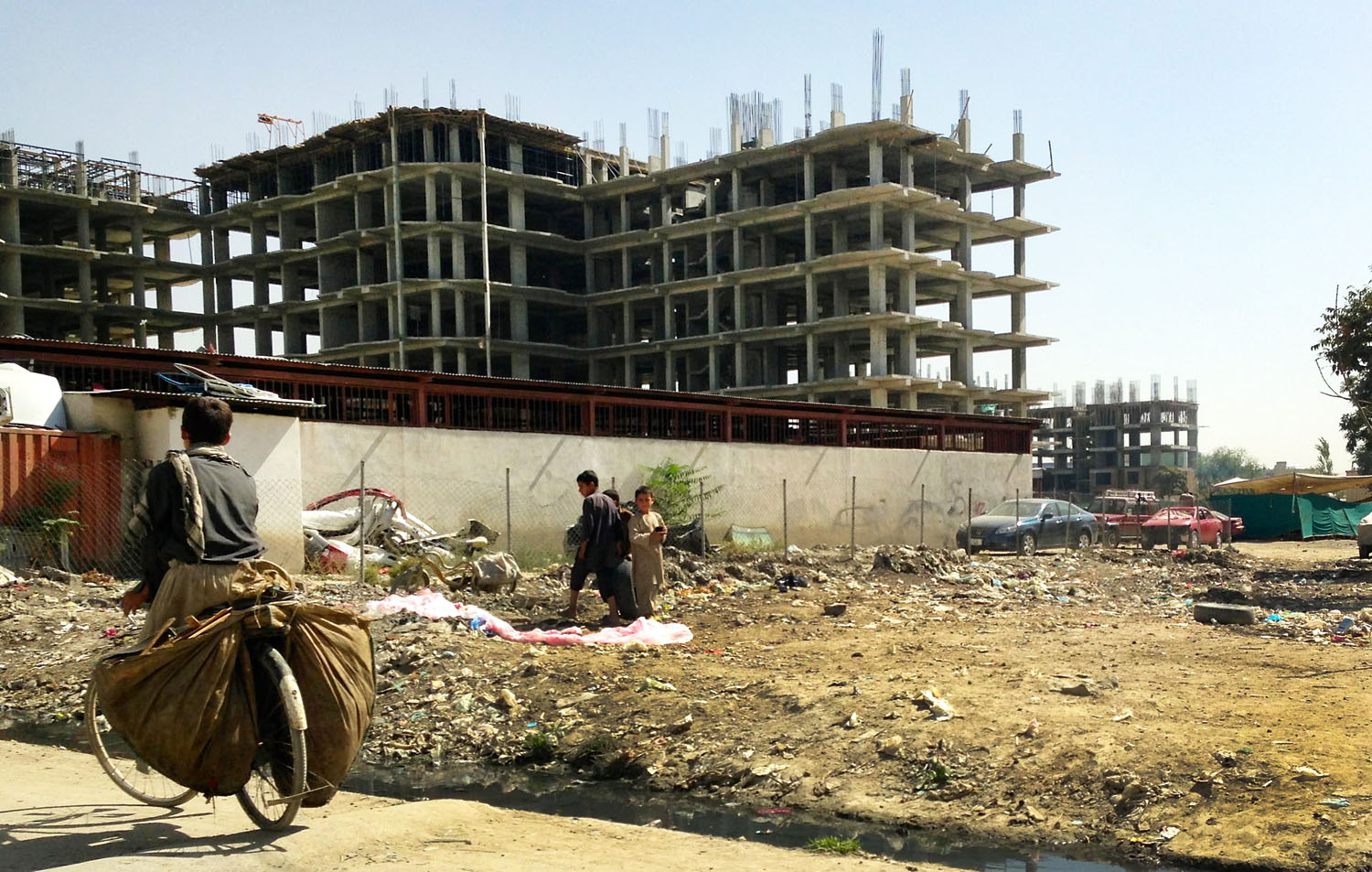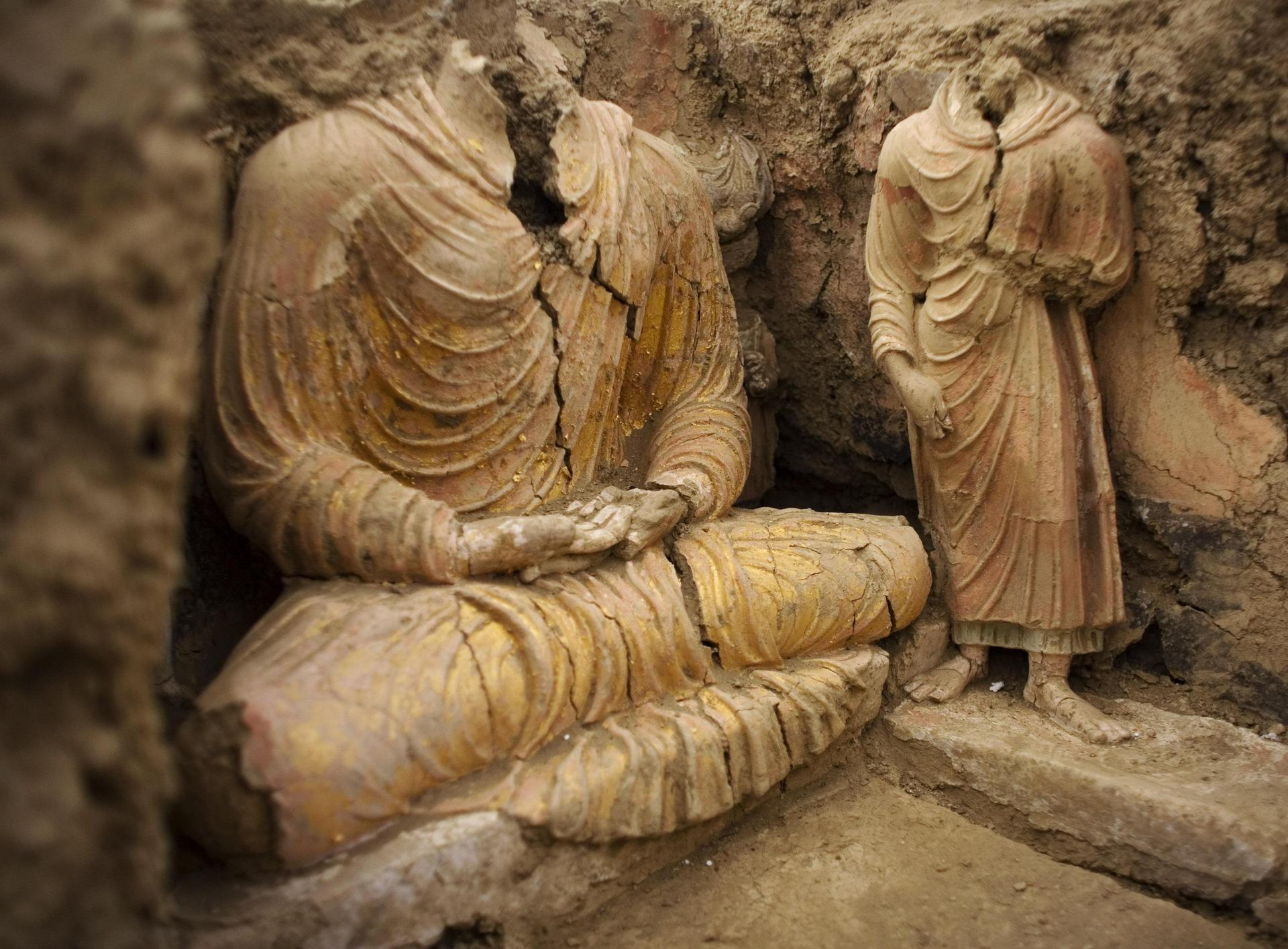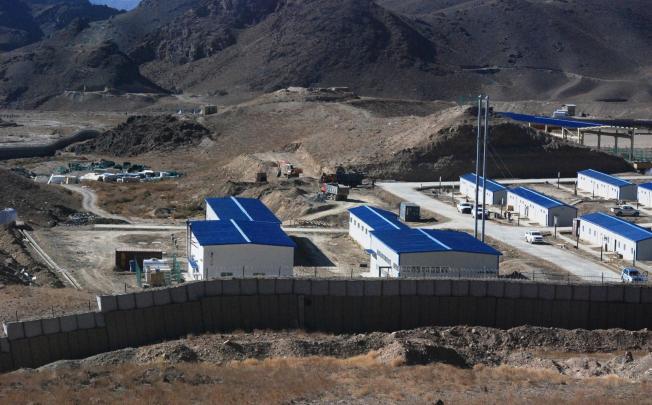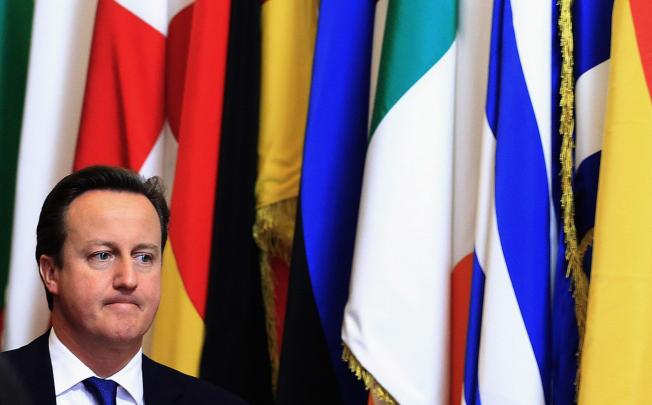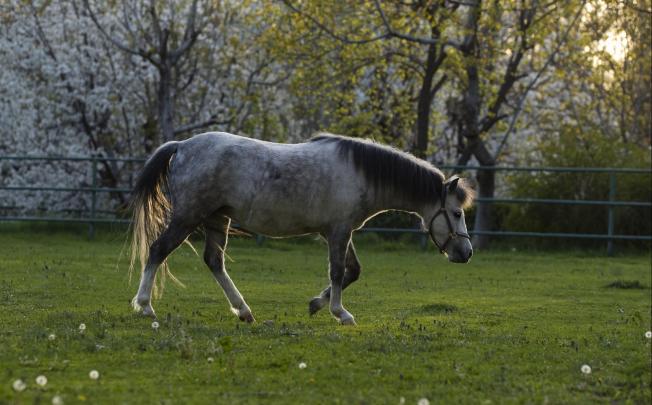Afghanistan has a new mining law that aims to tap the potentially lucrative sector to fund the country's post-war development but which critics say falls short of international standards and could encourage further conflict and corruption.
Parwan Wafa is headmistress of a school for 1,800 girls between seven and 17 years old in a rural region of Afghanistan that has been terrorised by Islamist insurgents for more than a decade.
For the first time in Afghanistan's history, the outcome of today's presidential election is a mystery. President Hamid Karzai cannot serve a third four-year term, and there has been no front runner among the people vying to replace him.
Millions of Afghans are expected to queue at makeshift polling booths today, defying Taliban threats to kill them, to elect their next president. It will be an unprecedented democratic leadership transition for the troubled country.
Chinese state-owned mining giant MCC has been renegotiating a huge copper contract with the Afghan government to reduce its exposure to the war-torn country in a move that threatens Kabul's plans to use revenue generated by its mineral resources to bankroll development.
Behind Kabul's airport a new city is taking shape: a gated community where apartments are fetching top dollar under a government plan to subsidise purchases and infuse the emerging middle-class with confidence in the future of their war-torn country.
Afghanistan's dream of using profits from its vast mineral resources to fund post-war development is fading after China signalled its intention to undo a multi billion-dollar agreement that had been underpinning Kabul's plans for creating a mining industry.
Artefacts being unearthed at a future Chinese copper mine in Afghanistan are shedding light on the relationship between the spiritual, economic and political concerns of ancient Buddhist societies. As Lynne O'Donnell reports, they may also offer useful pointers for the future of the troubled country.
China is establishing an economic and strategic foothold in Afghanistan, as the nation prepares for the end of a decades-long war by touting itself as the new Mecca of mineral wealth. Demand for raw materials to maintain China's growth rates has long outstripped domestic production, making Afghanistan an attractive ally as a source of resources.
Cameron bowed to political pressure last week when he delivered a speech he said he had waited 20 years to make. He pledged that in 2017 - halfway through his next term in office, presuming he hangs on - he will hold the referendum.
Believed extinct for a millennia, the Caspian horse was rediscovered and revived only to be forced back to the brink by Iranian bureaucracy and global recession. Lynne O'Donnell ponders the future of the tiny steed with the big heart.
A camaradarie born of adversity characterises the Afghan cricket team and, despite being ranked last among the 12 nations taking part in the Twenty20 World Cup, which begins this week, they are beginning to give the big boys a run for their money. Lynne O'Donnell reports. Pictures by Siddharth Siva.
